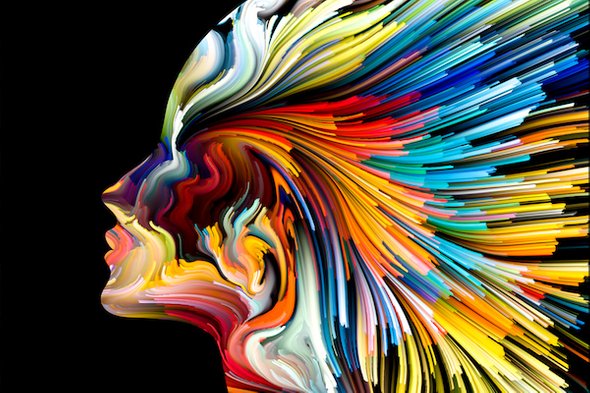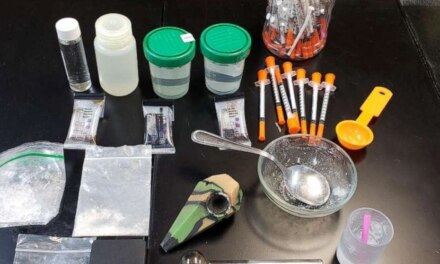I’ve come across a couple of recent articles on a very interesting question about the possible medical uses of psychedelic drugs. Could the therapeutic benefits of these drugs be isolated into other forms, so that prospective patients would no longer need to undertake (and pay for) the extended experience known as a ‘trip’?
Brief digression: when neuroscientists use the term ‘psychedelic’, they ordinarily mean substances that act on serotonin. Think LSD, psilocybin, DMT, mescaline, etc. As opposed to, for instance, ketamine, which acts on the glutamate system. Ketamine is also thought to have some use in treatment, but through an entirely different mechanism of action.
The issue is that many potential customers for psychedelic-assisted therapy view the trip itself as a significant barrier. They’d rather not face the risks inherent in such an experience. They’re motivated to consider it in a time of great need, but on reflection, they’d probably rather pass.
They may not have to.
Some experts have long suspected that biochemistry is doing most of the work of psychedelics, in relieving the symptoms of depression, PTSD, etc. It isn’t, they hypothesize, the exotic experiences reported since the 1960’s by those who use them for, well, ”non-medical” purposes. In the view of these scientists, it should be possible to identify the key antidepressant elements and to refine them into a new medication without the accompanying perceptual distortion.
If the therapeutic benefits for depression alone were available in pill form, they reason, the potential medical uses (and the number of patients served) would expand exponentially.
A comparison: The most well-established medical uses for THC aren’t obtained by smoking a joint or sucking on gummies, but in pill or capsule form. Cannabis-derived meds are commonly used to relieve the severe pain that sometimes accompanies MS, or the nausea that often results from chemotherapy.
The same could be done, they reason for new meds derived from psilocybin mushrooms or the cactus that contains mescaline.
There’s already research that suggests it could. So far, only in experiments with mice. Not that mice aren’t a pretty decent substitute for humans in experimental terms – and they do reproduce much faster – but that’s still a long way from full confirmation.
It’s nothing so dramatic as journeying deep into the jungle to meet a shaman for several days of guided hallucination. But if that’s not on your bucket list, wr could use some alternatives.













